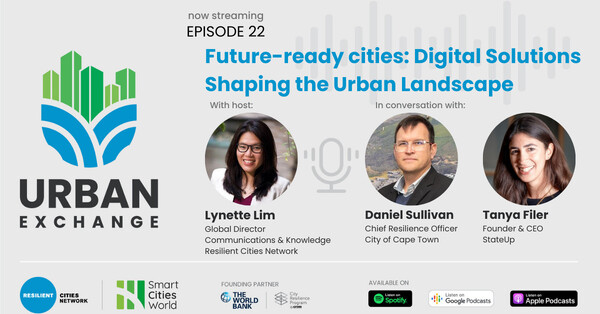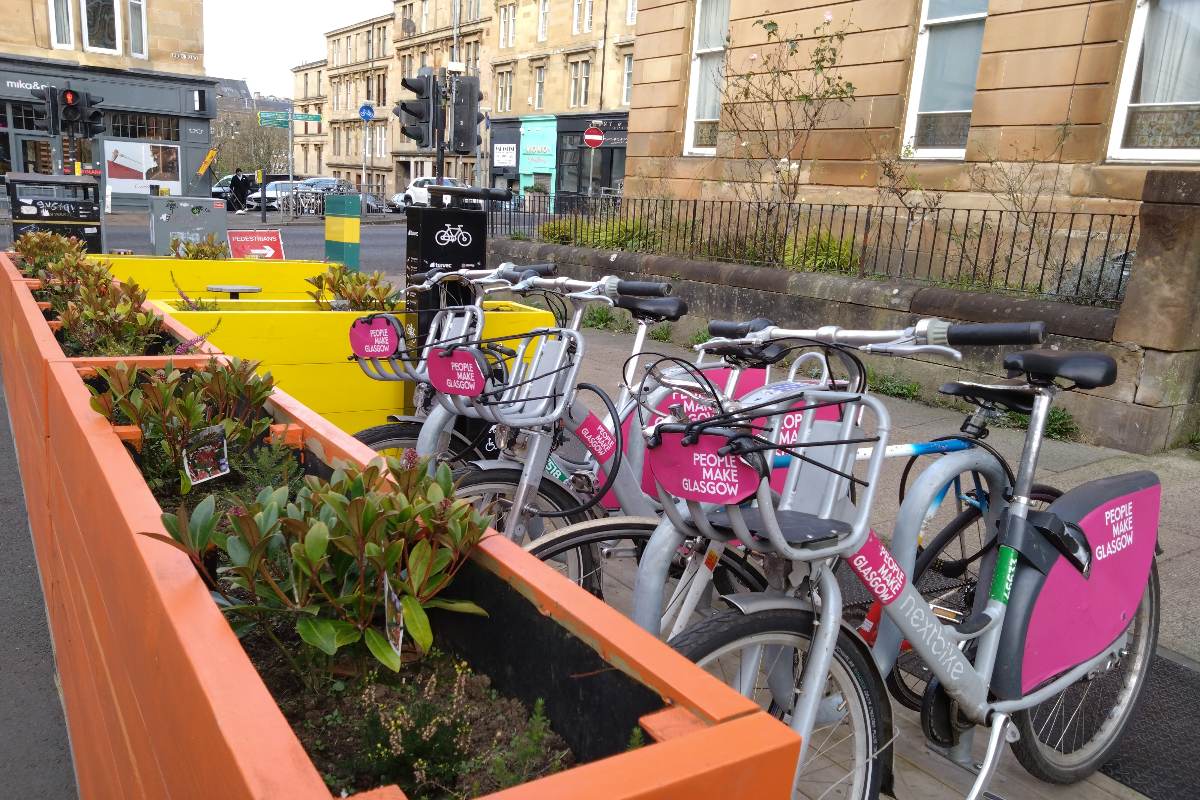Special Reports
SusHi Tech Tokyo 2024: experience ‘Tokyo 2050’ todaySponsored by The SusHi Tech Tokyo 2024 Showcase Program Executive Committee
Climate emergency toolkit launched for local authorities
It aims to help national and local governments realise climate action plans and enables sustainability leads to brief elected members, mayors and senior managers.

Sustainable energy charity, Ashden, has developed a toolkit to help local authorities realise their climate change plans.
The launch of the Climate Action Co-benefits Toolkit follows the UK parliament, Scottish and Welsh governments and almost 100 local councils, declaring a climate emergency.
It has been developed with sustainability lead officers from city regions, local authorities and The Grantham Institute at Imperial College London. It builds on the institute’s paper on the co-benefits of climate change mitigation.
Data sources and evidence
The toolkit promotes useful data sources and evidence, as well as examples from Ashden Award winners and pioneering local authorities. It allows local authority officers and council sustainability leads to brief elected members, mayors and senior managers.
This will help to make the case for urgent action so that opportunities to cut carbon are taken up by all authority departments – from public health, housing and planning to economic regeneration.
It aims to ensure the smarter use of departmental budgets and allows councils to show that climate action makes lives better, dispelling the myth that it will force people to give things up.
“Our network of city sustainability leads agrees with us that a co-benefits approach can engage citizens, persuade key decision-makers, and release new funding,” said Simon Brammer, head of cities at Ashden. “The toolkit is a one-stop source of vital information to help local authorities and city regions make the case for a radical step up of decarbonisation effort whilst improving local lives.”
“Our network of city sustainability leads agrees with us that a co-benefits approach can engage citizens, persuade key decision-makers, and release new funding”
The toolkit outlines the co-benefits for citizens across four key areas:
• health and wellbeing are improved – less driving and more cycling and walking cuts pollution and improves fitness;
• equity and social cohesion are improved by focusing on the most vulnerable in society. For example, creating energy efficient homes that are healthier and cheaper to run alleviates fuel poverty;
• investing in initiatives to reduce carbon emissions creates economic opportunities and jobs;
• action to reduce carbon emissions raises the resilience of cities and their communities to future changes in energy prices and energy systems, and potentially increases resilience to the impacts of climate change.
Brammer added: “By engaging people through structures like citizens’ panels and connecting climate policy to the needs of everyone, we can demonstrate that climate action improves lives rather than diminishes them.
“Better jobs, more money in local economies, clean air, healthier travel options, green spaces, and warm and cheap-to-heat homes – all these engage peoples’ values. This approach is at the heart of our Co-Benefits Toolkit.”
The Toolkit proposes:
• community engagement around co-benefits of climate action for all citizens, building the consensus needed for politicians to develop a more radical low carbon policy agenda;
• more radical policies that multi-solve challenges (cleaner air, accessible public transport, warm homes, better health) that will unlock new funding mechanisms across budgets and portfolios;
• unlocking of new funding that will enable the adoption of climate solutions such as those illustrated by the many Ashden Award winners;
• adoption of climate solutions with co-benefits for all citizens that will help to accelerate climate action that leaves no-one behind, such as a Just Transition.
“If we are to stay within 1.5C of warming and avoid catastrophic climate change, we need to act with urgency. There can be no more excuses,” said Harriet Lamb, CEO at Ashden. "But change cannot just be imposed on citizens and communities. In order to create the consensus that local, regional and national governments need and secure the funds to deliver the work, we must take citizens with us. That’s what the working examples in this toolkit are all doing.”
You might also like:
- Ashden shortlists six “transformative” sustainable energy companies
- Ashden calls for "further and faster" climate action
- Which cities make the climate change A-list

















